This article was medically reviewed by Shari Forschen, NP, MA. Shari Forschen is a Registered Nurse at Sanford Health in North Dakota. Shari has worked in healthcare since 1996 and her expertise lies in acute care bedside nursing on a medical oncology floor. She received her degree from Medcenter one College of Nursing in 2003 and her Family Nurse Practitioner Masters from the University of North Dakota in 2014. Shari is a member of the American Nurses Association.
wikiHow marks an article as reader-approved once it receives enough positive feedback. In this case, 100% of readers who voted found the article helpful, earning it our reader-approved status.
This article has been viewed 24,625 times.
Medical care is a complicated and emotional topic in so many ways. You worry about your family’s health, of course, but you may also find yourself with a headache over political divisions or insurance company red tape. On top of all of that, you need to be on the alert for medical frauds and scams, which can be anything from attempts at overbilling to bogus miracle treatments. Become an educated consumer to protect yourself and your family.
Steps
Avoiding Fraudulent Products
-
1Be extra wary of treatments for certain conditions. Healthcare fraud tends to fall into several recognizable categories. Often, scammers aim for the especially sick and/or vulnerable. Be particularly skeptical of the following kinds of products:[1]
- Cancer, diabetes, and HIV/AIDS treatments. These are diseases that can only be treated through personal, individualized care. Everyone’s case is different, so if you see a product promising to cure all kinds of cancer, it is a fraud.
- Supplements. Many supplements are safe, and some may even be effective. However, they are unlikely to aid in weight loss, increase muscle mass, or enhance sexual performance.
- Products that promise to help you lose weight without diet or exercise.
- Pills or other treatments that promise to stop or reverse aging.
- Medical tests that are not FDA-approved.
- Cold and flu remedies. While over-the-counter medications can certainly alleviate some of the symptoms of colds and influenza, products that promise you can avoid these afflictions are scams.
- Treatment for STDs. Effective treatments for STDs can only be attained with a doctor’s prescription. If you rely on products you find elsewhere, you are delaying your own treatment and possibly infecting other people.
-
2Recognize red flags. If it seems like everything on the market is a potential scam, you’re right. But that doesn’t mean you should avoid all healthcare treatments. Luckily, products themselves will often issue clues that they are fraudulent. Avoid products that claim to be miracle cures, cure-alls, quick fixes, etc.[2]Advertisement
-
3Beware of advertisements. Healthcare fraud is a massive industry that works hard to scam you out of your hard-earned money. You’ll find advertisements for fraudulent products on television, in magazines, and more. Learn how to recognize this kind of advertising.[3]
- Pay attention to the balance of scientific information and testimonials. Does the advertisement focus on the research that backs up its claims, or does it feature individuals testifying to their positive experiences with the product? An abundance of the latter can be indicative that there is a dearth of the former.
- This can be true of both consumers and doctors offering testimony. Both groups are probably played by actors.
- When in doubt, consult your doctor about the product you have seen advertised.
-
4Know that even scientific research is not necessarily legitimate. A lot of fraudulent products will talk about clinical trials that supposedly validate their claims. However, many of these trials are conducted by manufacturers, and they do not adhere to appropriate scientific rigor.[4]
- Up to 40% of researchers admit to knowledge of misconduct in clinical trials.[5]
- These behaviors can range from intentionally falsifying results to make products seem more effective (fraud) to failing to adhere to double-blind testing practices, random participant selection, etc. (misconduct).[6]
- This means that, in addition to being ineffective, a lot of the products on the market may even be dangerous.[7]
- Search the National Library of Medicine, the Federal Trade Commission, and the Better Business Bureau to see if anyone has lodged complaints about (or can testify to the validity of) clinical trials.
Recognizing Fraudulent Healthcare Practices
-
1Stay alert at the doctor’s office. When in doubt, most of us turn to our doctors. However, though it is rare, healthcare providers can sometimes be the ones who are perpetrating fraud.[8] Fraud of this kind can take many forms:
- Being charged for a service you did not receive.
- Being charged for a service that is more expensive than the one you received (upcoding).
- Being charged for the same thing twice.
- Performing, and then charging you for, a treatment you did not need.
- Accepting payment from pharmaceutical companies or medical device producers to push their products.
- Charging you separately for parts of the same treatment (unbundling).
-
2Don’t accept medical advice unquestioningly. When they engage in fraud, doctors may try to persuade you to get tests or treatments you don’t need. While the vast majority of healthcare professionals are trustworthy, you also need to be your own best advocate.
- Do your own research about whatever medical issue you're facing. Get a second opinion, especially about complex surgeries or devices.
-
3Look at your medical bills in detail. Most people like to think about medical bills as little as possible, but perusing these documents can be your best weapon in the fight against fraudulent healthcare practices. Being a victim of healthcare fraud can be a lot more frustrating than spending a few minutes going over charges.
- As you do so, be on the lookout for common kinds of healthcare fraud.
- Talk to your doctor if there is anything on the bill that you do not understand, if you think you were charged improperly, or if you think you did not need one of the services you have been charged for.
Protecting Yourself
-
1Keep a healthcare journal. Every time you go to the doctor, make a note of the treatments, tests, etc. you received. This way, when your bill comes, you can check it against your records.
-
2Guard your health insurance information. Since healthcare identity fraud is a very real problem, make sure you do not share your insurance card with other people. Be especially wary of requests for policy numbers and other pieces of information that come through phone calls or emails. Your ID card and policy number are like a credit card and bank account[9]
-
3Report suspected fraud to the Food and Drug Administration (FDA). If you spot a product that falls under its jurisdiction, contact its local office. The FDA regulates many categories of products where scams can take place, including the following:[10]
- Prescription and over-the-counter drugs
- Vaccines
- Medical equipment
- Radiation-emitting electronics
- Beauty products
-
4Know your legal rights. You are protected from healthcare fraud by both civil and criminal law. If you think you have been scammed, do not just alert the FDA and your insurance company—seek legal counsel as well.
- The False Claims Act allows both patients and the government to file civil suits charging medical fraud, potentially recovering lost funds.
- The Health Insurance Portability and Accountability Act (HIPAA) made healthcare fraud itself a criminal offense punishable with both fines and up to ten years in prison.
- Those accused of healthcare fraud have also faced other criminal charges, such as conspiracy, which can carry up to to twenty years in prison.
References
- ↑ http://www.fda.gov/downloads/ForConsumers/ProtectYourself/HealthFraud/UCM302359.pdf
- ↑ http://www.fda.gov/downloads/ForConsumers/ProtectYourself/HealthFraud/UCM302359.pdf
- ↑ http://www.fda.gov/downloads/ForConsumers/ProtectYourself/HealthFraud/UCM302359.pdf
- ↑ http://www.ncbi.nlm.nih.gov/pmc/articles/PMC3700330/
- ↑ http://www.ncbi.nlm.nih.gov/pmc/articles/PMC3700330/
- ↑ http://www.ncbi.nlm.nih.gov/pmc/articles/PMC3700330/
- ↑ http://www.ncbi.nlm.nih.gov/pmc/articles/PMC3700330/
- ↑ https://www.sciencedirect.com/topics/medicine-and-dentistry/health-care-fraud
- ↑ https://www.nhcaa.org/tools-insights/about-health-care-fraud/the-challenge-of-health-care-fraud/
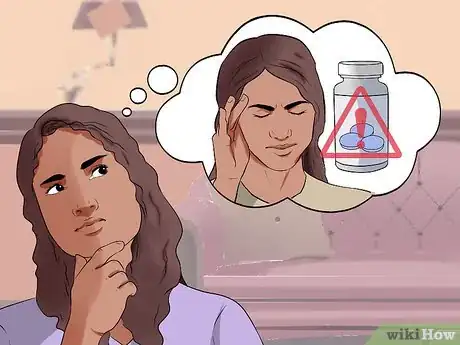

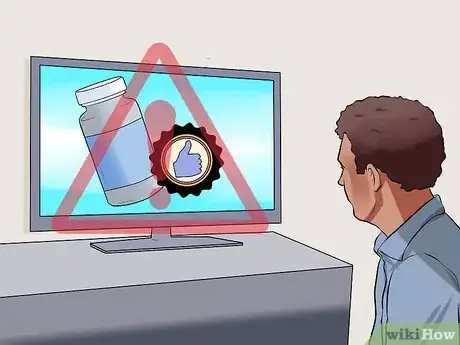
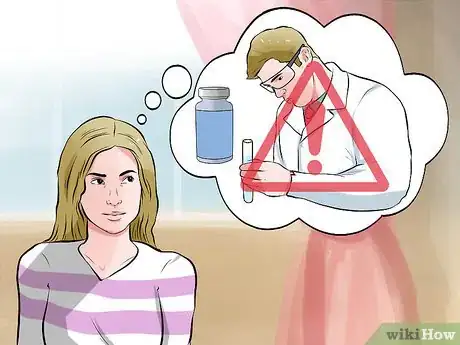
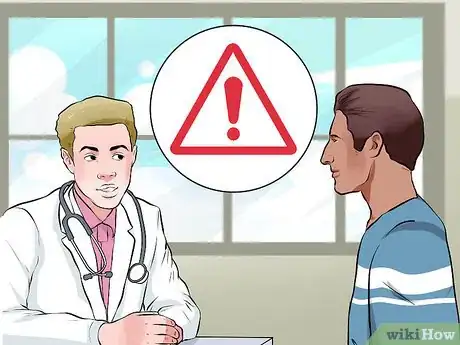
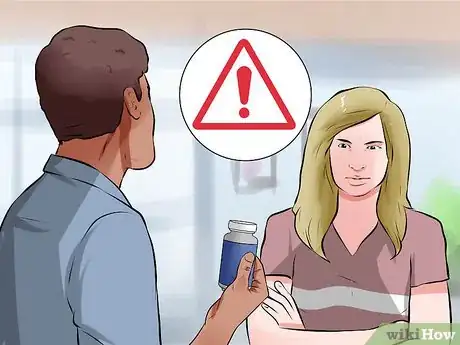
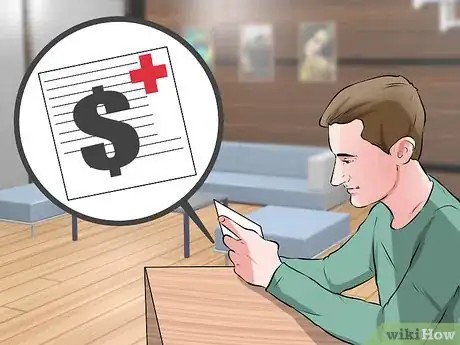
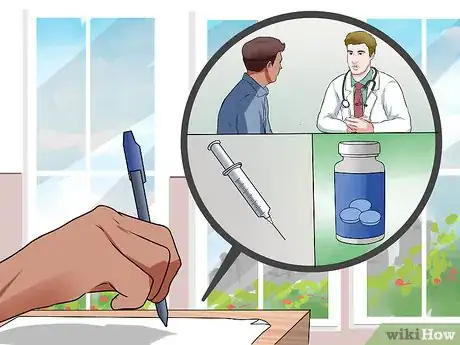
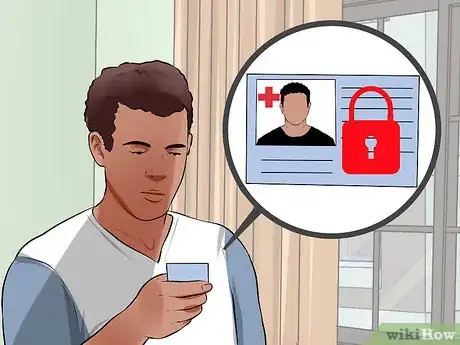
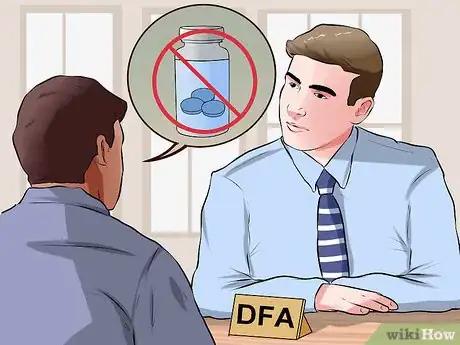

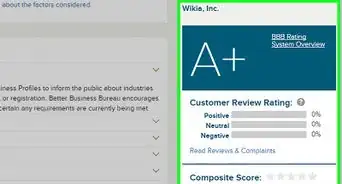
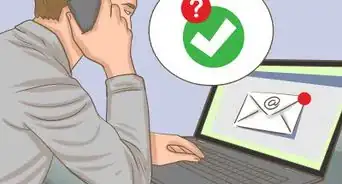




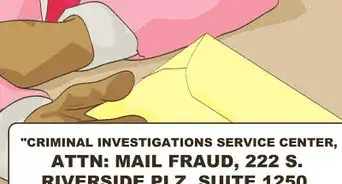

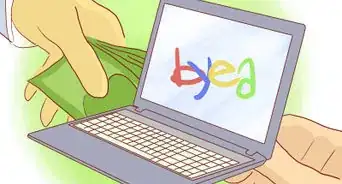


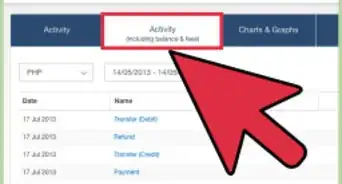

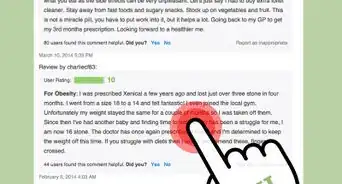









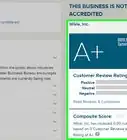






































Medical Disclaimer
The content of this article is not intended to be a substitute for professional medical advice, examination, diagnosis, or treatment. You should always contact your doctor or other qualified healthcare professional before starting, changing, or stopping any kind of health treatment.
Read More...